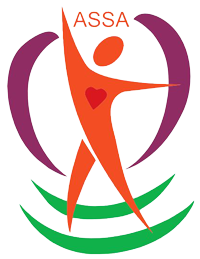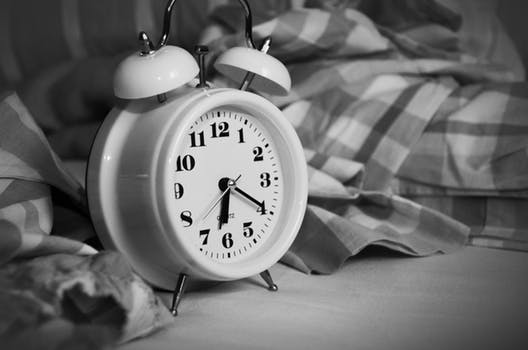For thousands of years, the sleep function in the human body has remained unclear and we still do not have a clear answer regarding this aspect. Although the sleep function is not yet clear, the time and quality of sleep affect our daily life and activity. Even more, sleep affects the activity of an athlete who has a compressed exercise regimen. A good night sleep can have a positive impact on the athlete, in the same way, a reduced sleeping time can have negative consequences on the athlete’s performance.
Reduced sleeping patterns due to anxiety before athlete’s performance, has a very large negative impact on his performance. How and in what way the lack of sleep affect the athlete, can not yet be specifically defined. Generally, with reduced sleep time, a sportsman can save the maximum of physical force and gross motor performance. Reducing the amount and quality of sleep affects the imbalance of the autonomic nervous system by stimulating symptoms of training overload. Also, lack of sleep can lead to immune system dysfunction due to increased production of inflammatory cells. In addition, other studies show that sleep disorder can slow down cognitive performance. All of this can contribute to the athlete’s poor performance during his / her performance.
It’s recommended for athletes and trainers to focus on the sleep pattern alongside training pattern and food intake. Generally, try to get a good night sleep and respect the biological clock your own body creates. For a good sleep go in a room with no light, quiet and with circulating fresh air. Make a routine of waking up at the same time every day and arrange training schedule and eating habits around your sleep pattern. Do not sleep for more than 8 hours per night, or less than 6 hours.
Credits: Fullagar, H.H.K., Skorski, S., Duffield, R. et al. Sports Med (2015) 45: 161. https://doi.org/10.1007/s40279-014-0260-0


